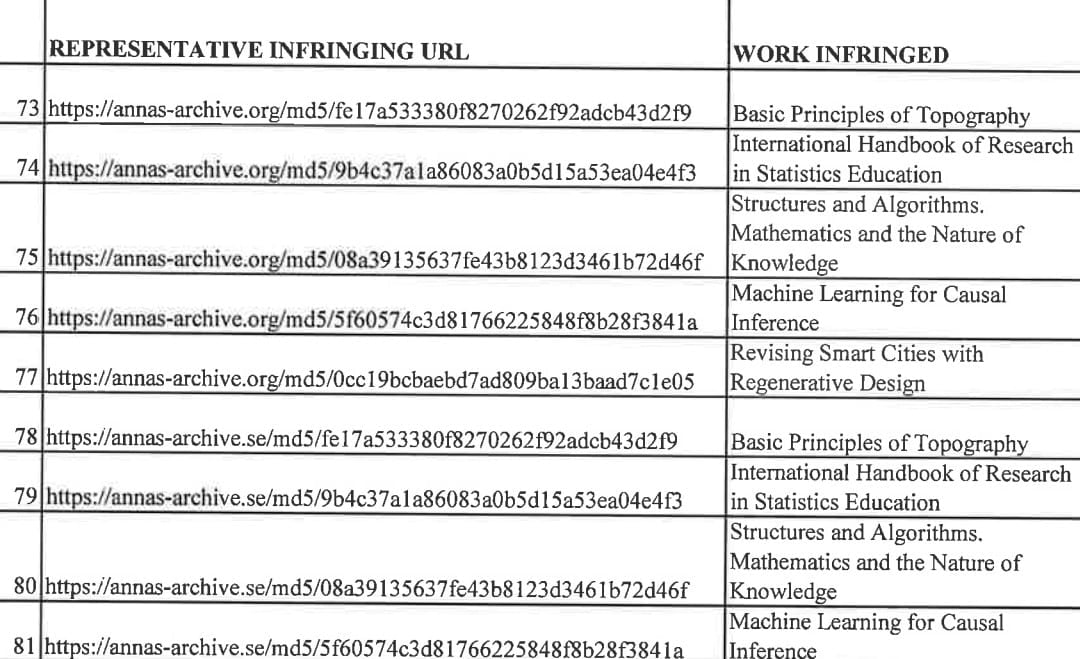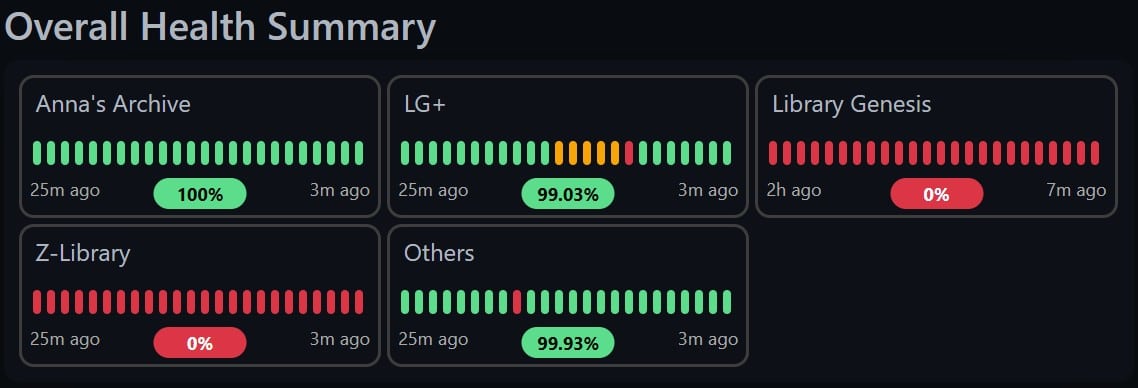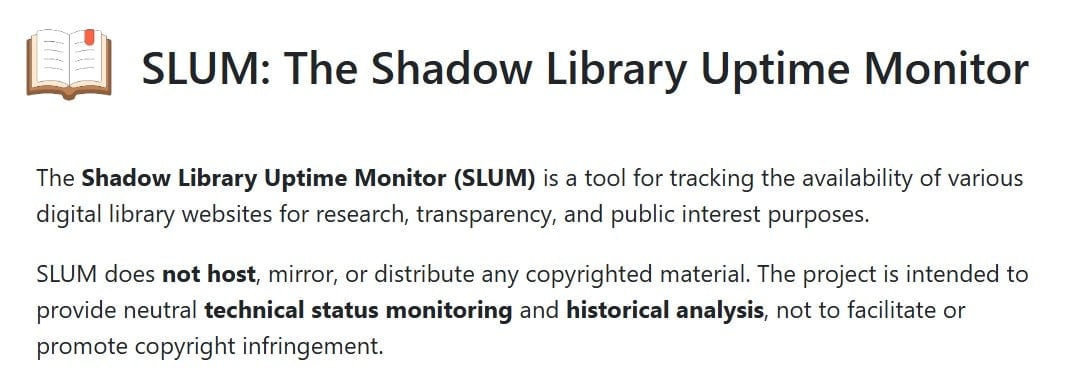-
To
chevron_right
Sky’s Piracy=Malware Campaign Aims For ‘Holy Grail’ of Behavioral Change
news.movim.eu / TorrentFreak • 17 August • 4 minutes
 From its initial launch and relentless coverage in the media for a solid 18 months, there had to be something more to the BeStreamWise anti-piracy campaign than initially met the eye.
From its initial launch and relentless coverage in the media for a solid 18 months, there had to be something more to the BeStreamWise anti-piracy campaign than initially met the eye.
Anti-piracy campaigns come and go; BeStreamWise made itself comfortable in people’s living rooms, took over the Sky remote, and even now still refuses to leave.
Those who took refuge online found little respite. BeStreamWise has maintained a constant media presence, especially via the national tabloids, their regional partners, plus online-only publications known for their social media reach.
Interestingly, zero coverage by the BBC. Not a word. Even more unusual given that the campaign’s partners include the BBC itself and the UK government, via the Intellectual Property Office, which prominently mentions the campaign on its website…. absolutely nowhere?

Today we present a sample of what we have learned about the campaign and those involved since September 2023. A slightly different format than usual with plenty of images, in keeping with the campaign itself.
Creating the BeStreamWise Brand
“Sky partnered With marketing agency Weber Shandwick to create the BeStreamWise brand, educating consumers about the risks from illegal streaming websites. The Sky Anti-Piracy team needed a website to tie into a UK-wide TV, online and out-of-home advertising campaign.”
Photographer Henrik Knudsen worked with Weber Shandwick and Nice Shirt Films to create the assets for the out-of-home and digital campaign.

Special effects were created by BOOM CGI and the BeStreamWise campaign website, hosted on the Sky Websites platform, is powered by ContentStack which can provide useful insight on user interactions.

BeStreamWise Video Campaign
The BeStreamWise YouTube channel contains only three videos. The launch video (center) received relatively few views, just 2,600 in total. The 30-second campaign video (left) has performed well with 863,000.
That’s nothing when compared to the 15-second variant that is targeted, at least in part, at viewers known to have searched for infringing content.

A total of 7.6 million views so far and still counting shows the reach of the campaign. How many pirates viewed the video more than once isn’t clear but on a strict one-to-one basis, that figure is getting close to every pirate in the country.
The big question is this: they may have seen the campaign but did they listen closely enough to absorb the message? For that matter, what exactly is the message?
Holy Grail of Campaigning – Modify People’s Behavior (COM B Model)
Several months ago, a Sky employee updated colleagues on a successful campaign; an anti-piracy campaign with relevance as a cybersecurity awareness drive. The campaign was described as follows:
The campaign is a fresh take on anti-piracy messaging and likens illegal streaming to leaving your digital front door open. The tag line, ‘Illegal Streams Let Criminals In’, acts to remind consumers of the risks involved in illegal streaming from malware and viruses to fraud, theft or even identity theft. While also directing consumers to safe and official streaming pathways
The model chosen to underpin the entire campaign is especially interesting;

The COM B (Capability, Opportunity, Motivation, Behavior) model is a behavior change framework that suggests successful behavioral modification requires the following elements (descriptions tailored to the campaign, our analysis, not Sky’s)
1.
Capability
:
– Psychological and general ability to perform the desired behavior
– Understanding that illegal streaming carries risks
– Understanding potential cybersecurity threats
2.
Opportunity
:
– Social and physical environment that enables the desired behavior
– Availability of accessible legal streaming alternatives
– Highlighting easy ways to access legitimate content
3.
Motivation
:
– Brain processes that energize and direct behavior
– Emotional and reflective motivation towards risk avoidance (cybersecurity threats)
– Fear around potential consequences of illegal streaming (malware etc)
4. ̶P̶R̶O̶F̶I̶T̶ Successful behavioral modification
How Did the Campaign Perform?
After waiting three months in the hope that Sky would release the results to the public, we came to the conclusion that in all likelihood, the results of the campaign are probably destined for private consumption. We have no fine details but from the information available, certain targets were met and the campaign appears to have been viewed as a success.
Terms used to sum up:
•
Earned media
publicity through promotional efforts, not paid advertising
•
OOH (Out-of-Home) Advertising
: Billboards, street furniture, public transport etc
•
Earned activations
: Marketing initiatives that generate organic engagement
•
Enforcement communications
: See below
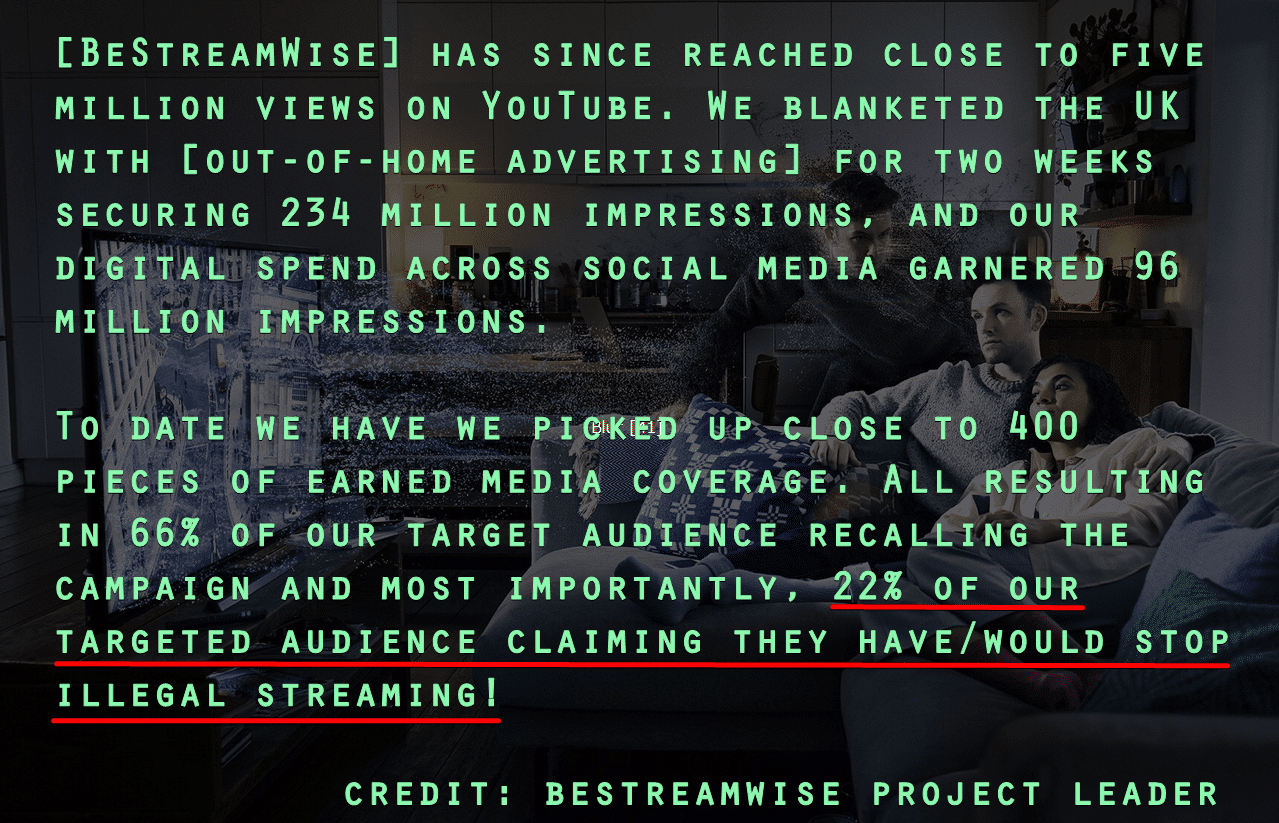
Whether a campaign is considered a success when measured against increased sales of legal products is never discussed in public; there’s no reason to believe BeStreamWise will be any different. Regardless of the outcome, nobody can accuse Sky of not putting in the effort and the targeting appears to have been pretty much flawless.
Finally, a short comment on ‘Enforcement communications’, which appear to be linked, in whole or in part, to hundreds of mostly sensationalized, misleading, or otherwise disappointing stories in the media, concerning illegal streaming, arrests, prison sentences etc.
Some may believe the end justifies the means, but filling the public consciousness with anything other than a best effort representation of the facts, simply kicks the piracy problem down the road for another day.
People should be concerned about malware, credit card fraud, and identity theft, so that’s a valuable message to have sent. But take that away, people still aren’t scared about piracy.
From: TF , for the latest news on copyright battles, piracy and more.

 Early August, we reported on a
Early August, we reported on a
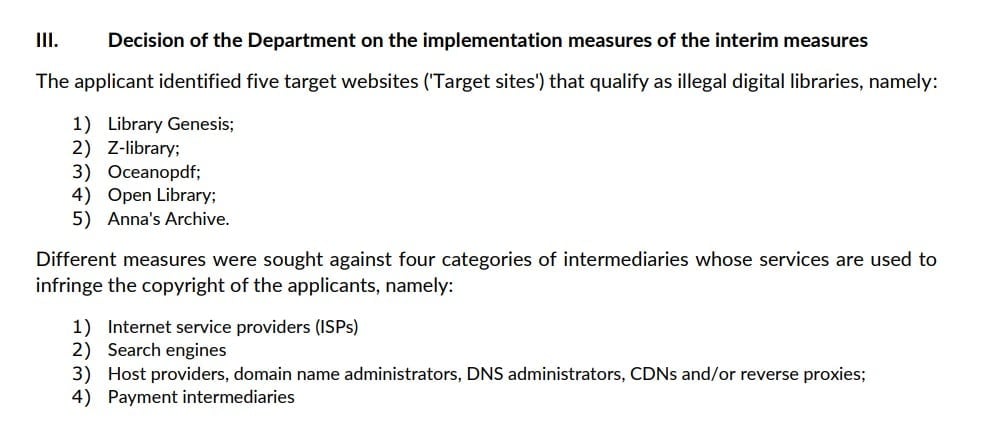


 After 15 years of pirate site blocking by ISPs including BT, Virgin Media, Sky, TalkTalk, EE, and Plusnet, last month a new player quietly entered the UK site blocking arena.
After 15 years of pirate site blocking by ISPs including BT, Virgin Media, Sky, TalkTalk, EE, and Plusnet, last month a new player quietly entered the UK site blocking arena.




 Piracy of movies, TV shows, music, games and similar content, purely for the purpose of recreation, is an internet wide phenomenon that would otherwise find funding from consumers’ disposable income.
Piracy of movies, TV shows, music, games and similar content, purely for the purpose of recreation, is an internet wide phenomenon that would otherwise find funding from consumers’ disposable income.
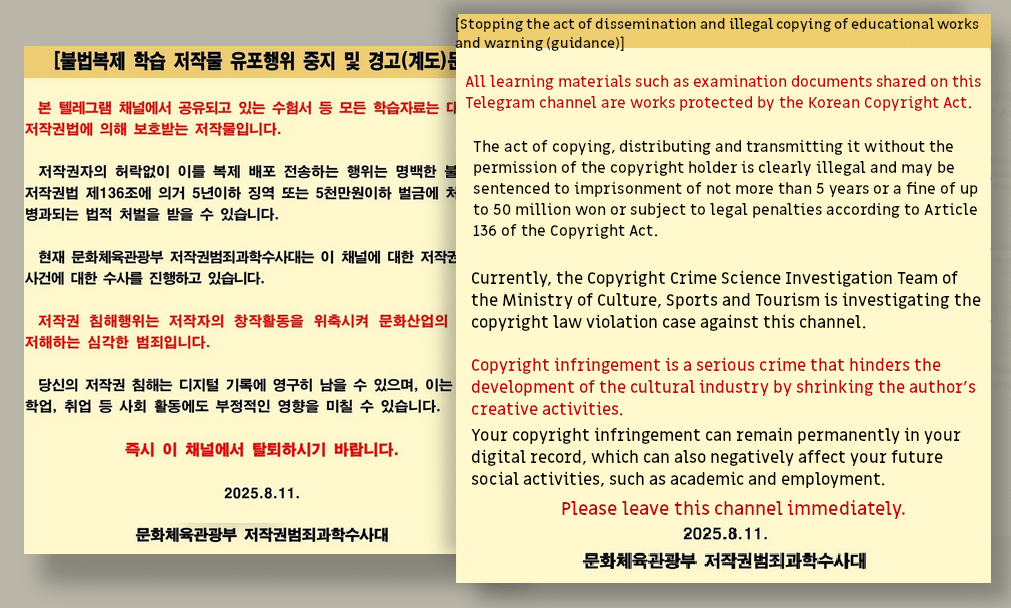
 The most hardcore pirates rarely feel the need to justify their consumption habits. For those who are a little less militant, reasons to pirate are in plentiful supply.
The most hardcore pirates rarely feel the need to justify their consumption habits. For those who are a little less militant, reasons to pirate are in plentiful supply.
 Running from 2.45pm until 5.15pm on Saturdays, the ‘closed period’ was originally put in place to ensure that the draw of major games on TV couldn’t deprive clubs in lower leagues of their significantly smaller audiences.
Running from 2.45pm until 5.15pm on Saturdays, the ‘closed period’ was originally put in place to ensure that the draw of major games on TV couldn’t deprive clubs in lower leagues of their significantly smaller audiences.
 Less invested fans in overseas markets are not only free to watch matches during the blackout, they do so legally at a fraction of the prices charged in the UK generally.
Less invested fans in overseas markets are not only free to watch matches during the blackout, they do so legally at a fraction of the prices charged in the UK generally.

 Next month, American filmmaker Julian Schnabel will be honored with the
Cartier Glory to the Filmmaker
award at the prestigious
Next month, American filmmaker Julian Schnabel will be honored with the
Cartier Glory to the Filmmaker
award at the prestigious


 The Internet is littered with cheap IPTV services that offer access to a lot of content, for very little money.
The Internet is littered with cheap IPTV services that offer access to a lot of content, for very little money.
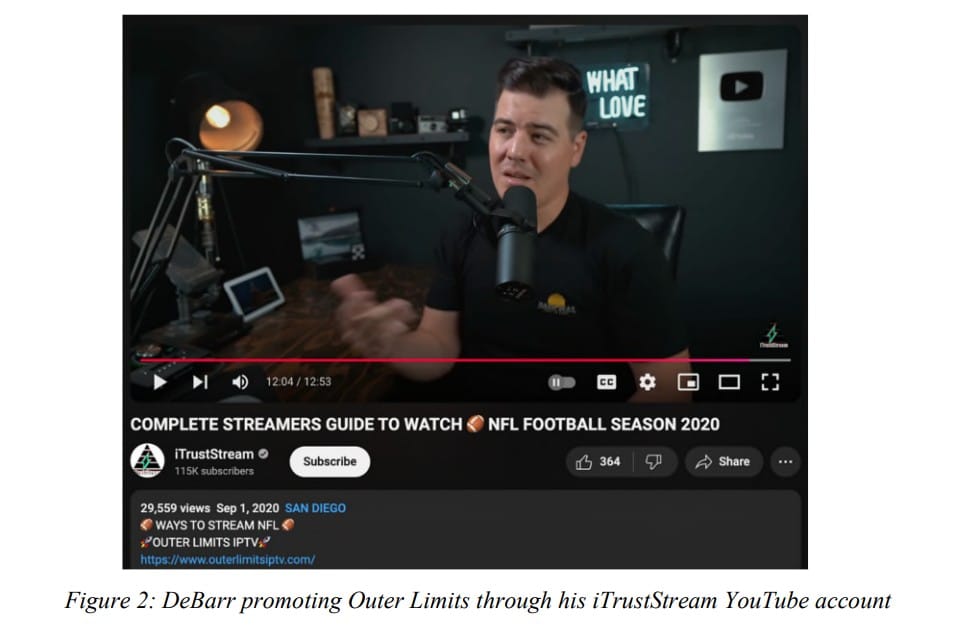

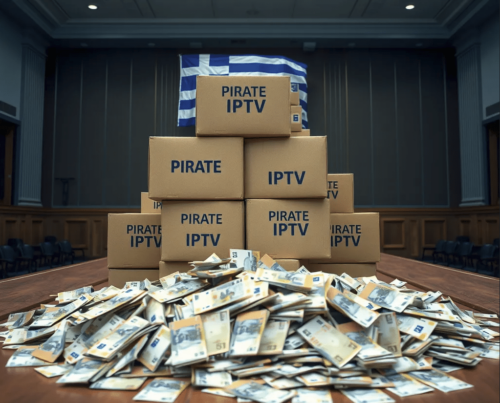 Earlier this year when discussing ongoing work to block pirate sites and services, Minister of Culture Lina Mendoni said that a system of fines targeting end users in Greece would complement these efforts.
Earlier this year when discussing ongoing work to block pirate sites and services, Minister of Culture Lina Mendoni said that a system of fines targeting end users in Greece would complement these efforts.
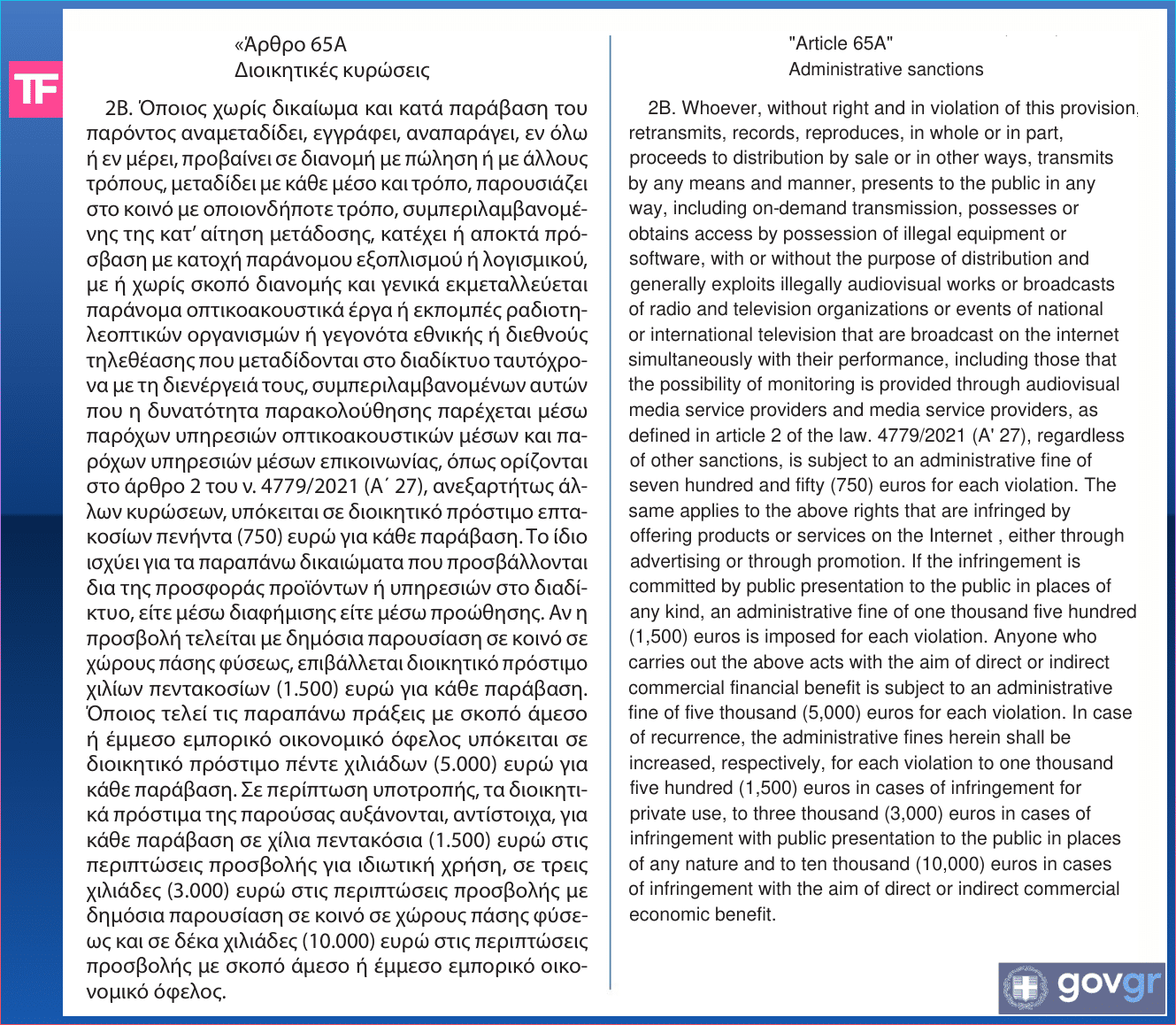
 Online piracy is a constant headache for copyright holders; one that’s particularly difficult to shake.
Online piracy is a constant headache for copyright holders; one that’s particularly difficult to shake.
